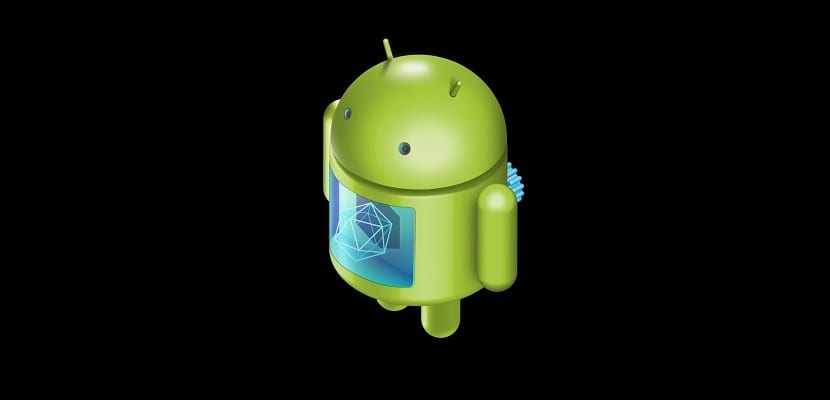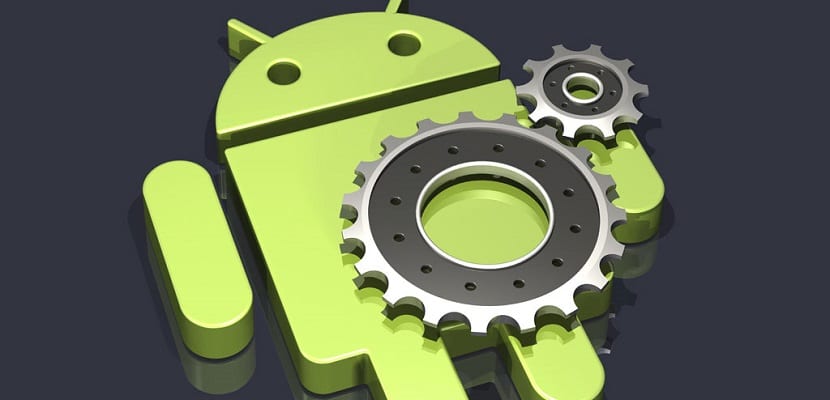All or almost all of us know perfectly well that Android It is the operating system for mobiles and tablets developed by Google. It is currently the most used in the world in this class of devices and is very close to its new version seeing the light of day on the market. At the moment it is already available for Nexus terminals, under the code name of Android N. In the last Google I / O we learned new details of the software and we also knew that very soon it could be officially available.
In order to bring Android to the world, we are going to start a series of articles in which we will explain some key concepts of Google software. Today We have decided to start by explaining what the bootloader is, that you have heard so many times and that perhaps you are still not clear about what it is or what it is for. It is certainly not a concept in the public domain and unfortunately it is not easy to understand and understand.
If you want to know a little more about Android and about the bootlader, keep reading and get ready to get a little closer to the operating system preferred by the majority of smartphone and tablet users.
What is the Bootloader?
Explained in a simple way we could say that bootloader is the name that receives in English the most fundamental part of the Android operating system, and it is that it is the manager that allows the device to start. This is responsible for loading the Linux kernel and the Android operating system, hence it is one of the most fundamental parts of the software.
Without a bootloader there is no Android, more than anything because we would never be able to start it and for all this we are going to learn something more about this device bootloader.
How does the Bootloader work?
As we have already said, the bootloader is one of the fundamental pieces of any device with an Android operating system. Despite what many of us may believe each manufacturer is in charge of developing their own bootloader and not Google. And it is that each manufacturer of mobile devices or tablets has to develop their own because it must work hand in hand with the hardware of each device.
Now comes the complicated parts to begin to understand things and that is that as soon as we turn on the bootloader it performs several tests to check where both the kernel and the recovery are, two of the ways we can take when starting our device.
Every time we press the power button on our device, it loads Android choosing the kernel to start it. Conversely if we press a certain key combination, the bootloader will load the recovery, which will be another aspect that we will discuss in depth in another article since it can be really interesting.
Why do manufacturers block the bootloader?
As we have already mentioned, most manufacturers on the market block the bootloader so that only the Android operating system that the manufacturer installs is read, thus preventing the user from being able to make modifications in a more or less easy way to software. refers. Simply put, the bootloader is used by manufacturers as a unofficial ROM locking system.
For any user to be able to install an unofficial ROM on a device, we must first unlock the bootloader, with the consequent loss of the warranty. Some companies such as Samsung pay special interest in this aspect and through a function called KNOX Void Warranti it counts the times that a user flashes software without a Samsung signature, and therefore unofficial.
Sometimes it is strange that manufacturers block the bootloader, but with this future problems are avoided and above all that users make changes exposing themselves to dangers that in many cases we are not aware of their dimensions.
Is it advisable to unlock the bootloader?
Before answering the question that gives title to this article, it must be made clear that unlocking the bootloader has nothing to do with unlocking the terminal, for example to be able to use a SIM card from a different company. Usually this is known as unlocking a device, something that has nothing to do with the subject we are dealing with today.
Neither does what is known as "rooting" has something to do with the bootloader, although as it is often confused by many users.
Returning to the question at hand, the answer can have several readings, and it is that on many occasions it is not only advisable to unlock the bootloader, even though the warranty may be lost, but it is essential to carry it out in order to install a ROM, which we may need in one way or another.
Of course, the logical answer to this question should be a resounding no and it is that with this we will lose the guarantee and the future of our mobile device or tablet will be in question. It is also true and we must point out that the guarantee offered by the different manufacturers in most cases will not be of much use to us.
The Android operating system is complex and full of nooks and crannies that for most users they are neither interesting nor relevant, but for a large number of users they are more than interesting. The bootloader is one of those nooks and crannies, which can be very profitable, although as we have already seen with the consequent risks.
Did you know all the information that we have shared with you today and that surrounds the so-called bootloader?. Tell us how much knowledge you have about Android and what have been the experiments that you have carried out with your device with the Google operating system. To do this, you can use the space reserved for comments on this post or one of the social networks in which we are present and where we will be happy to discuss with you.




I have a samsung s2 gt-i9100 to which cyanogenmod 13 installed
It would be very interesting if you wrote about these roms for 1g terminals
I had a lot of trouble installing the gapps